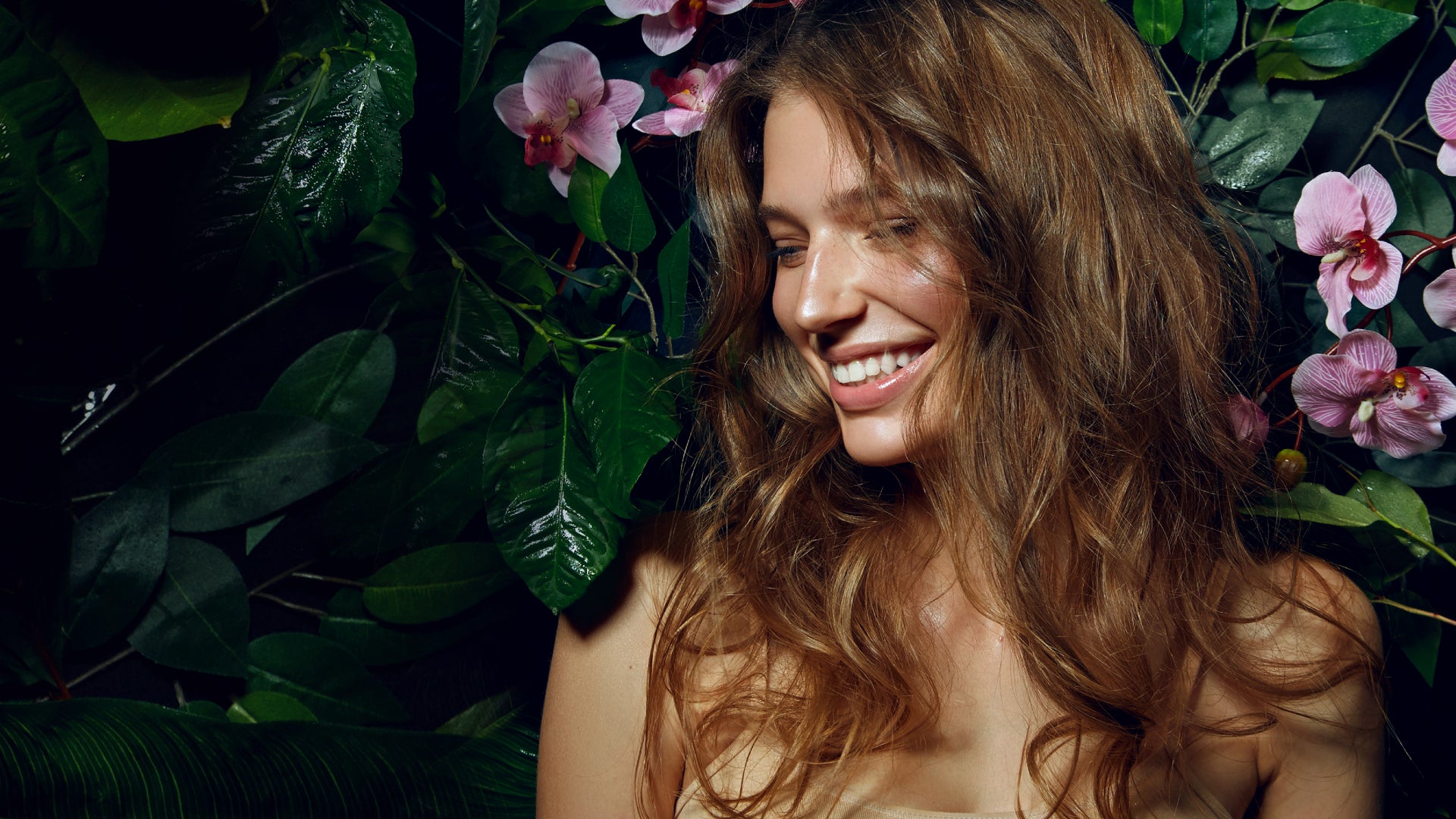
5 Things You Need To Know About Vegan Skincare
As we celebrate World Vegan Day on November 1, we thought you might like to know a bit more about what makes a beauty product truly vegan.
Skincare and cosmetics can be a confusing game sometimes. The words ‘natural’ and ‘organic’ often get thrown around without any true meaning, and phrases like ‘against animal testing’ can be super misleading. But if you live a vegan life (and record numbers of you are making that switch) we know you’ve got no time for such BS. That's why we’re here to take the guesswork out of the equation.
Here’s what you need to know about going vegan with your beauty routine. And good news: it’s actually much simpler than you might think.
1. What Does ‘Vegan Beauty’ Really Mean?
Unlike other misleading terms used in cosmetics labelling, vegan beauty is relatively straight forward. It simply means that the formulation does not contain any kind of animal by-product or ingredient. Do you eat and live a vegan lifestyle? Then it makes sense to also avoid animal products in your beauty regime.
2. But Hold On, Because Vegan Beauty Products Are Not Always Cruelty-Free
One of the most common concerns about the beauty industry is animal testing. In China, animal testing is required by law, but we know that most of you agree it’s a horrific industry we must try to eradicate. Well, you may think that buying vegan skincare means you’re also buying cruelty-free – and this is exactly what it should mean – but sadly, this isn’t always the case. The truth is, unless it’s stated on the packaging, it’s possible a vegan product (or some of its ingredients) might have undergone animal testing at one point in its creation. We know it doesn’t make sense, but that’s the way it is.
Thankfully, there’s an easy way to know what you’re letting yourselves in for. Simply look for the Leaping Bunny logo on your product label – the only internationally recognized symbol that guarantees no animal tests were used to formulate a product bearing its logo. We’re proud to say all TruSkin products are Leaping Bunny approved (*pats selves on backs).
3. Vegan Skincare Is Not Necessarily Free Of Chemicals
Again, you may be under the assumption that vegan products are completely natural and free of synthetic chemicals. Wrong. Yes, some vegan products use only plant-based formulations, but others are often combined with synthetically-produced ingredients. Of course, these ingredients won’t be derived from animal sources and the thing is, not all chemicals are bad. Quite the opposite, in fact. We source most of our ingredients from nature, but sometimes blend them with safe, synthetic substances such as carbomers to produce the best formulations, textures and results for your skin.
4. What Are The Benefits Of Going Vegan With Your Beauty Routine?
As well as the obvious benefits of being kinder to animals – especially if you go vegan and cruelty-free – a vegan beauty regime is much more caring for the world.
According to the United Nations Environment Programme (UNEP), animal products are the key cause of environmental issues such as climate change and water depletion. Farmed animals must be fed substantial amounts of grain and water before being killed, processed, stored and transported. All of which accounts for a substantial amount of global water consumption, land use and greenhouse emissions.
The production of plant-based ingredients, on the other hand, requires much less energy, land and water. Simple math.
5. Common, Animal-Derived Ingredients To Look Out For
OK, so what animal ingredients should you look out for in your beauty products? Well, that list is dang long so for a full run down, check out PETA’s comprehensive checklist. The most common ones to avoid, however, are carmine, collagen, gelatin, lanolin, squalene and stearic acid.
Here are some of the facts:
Carmine is a red pigment produced from crushing female cochineal beetles. According to PETA, 70,000 beetles are killed for just 1lb of carmine. It’s often used in cosmetics and shampoo.
Collagen is a protein that’s produced naturally in the skin and hair. In skincare, it comes mostly from cows or fish, so look for plant-based collagen instead.
Gelatin can be obtained from plants but is usually the result of boiling skin and bones from either cows or pigs. It sounds gross, but is often used as a thickening agent in skincare.
Lanolin is almost always derived from sheep’s wool. It very softening and moisturizing so is commonly found in lip balm and hair products. Plant-based lanolin is worth looking out for, but it’s rare.
Squalene is most often derived from shark liver oil, but good news: it’s becoming more and more rare as a skincare ingredient in the US. Instead, look for its plant-derived alternative, squalane (with an ‘a’ not an ‘e’) which is just as great for moisturizing dry skin.
Stearic Acid is found in animal fats and often used in soaps, cleansers, creams and lotions to improve their texture and help moisturize your skin. Instead, look for vegan-alternatives such as those derived from palm oil, soy oil, cocoa butter and shea butter.
Finally, let's talk a bit about bee by-products – the subject of much debate in the world of vegans. Bee by-products (including honey) are a complicated business which we’re not going to get into right now, but the truth is they’re never likely to be considered ‘officially’ vegan. Why do we mention them? Because all of our products are vegan-friendly apart from four that contain bee by-products: Retinol Serum, Retinol Moisturizer and Charcoal Face Wash which are formulated with propolis extract, and Eye Cream which contains beeswax.
Propolis is an incredible antioxidant and anti-inflammatory substance that’s made from a combination of beeswax and tree sap. It has many healing and moisturizing benefits and is known to help reduce the unwanted bacteria that often leads to breakouts. Meanwhile, pure beeswax does all this while offering extra emollient qualities to help form a protective barrier over the skin to retain moisture and promote soft skin.
According to The Vegan Society bee by-products are not strictly vegan-friendly, but many vegans eat honey and have no qualms using products containing beeswax and propolis. The debate continues...




